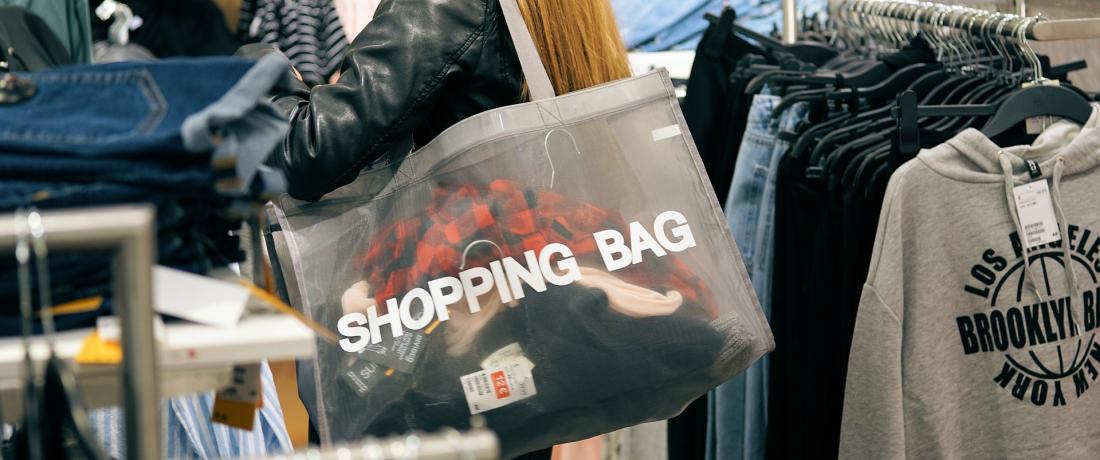
How do people spend their money? Or – to be more specific – how do they buy? Is it always a self-reliant decision? Not at all, says Richard Thaler, the newest Nobel Prize winner for economics.
According to his theory, no matter how independent you think you are, sellers can “nudge” you to purchase through subtle prompts. Not prone to agree? Have a look at some examples that show nudging in action.
Basic Instinct
You have probably heard about the “painted porcelain” case. In 1999, Schiphol airport redesigned their toilets by adding the image of a fly in each pissoir. The intent was to cut spillage around the urinal. And it worked: 80% of men couldn’t help taking aim, which allowed keeping the floor dry and clean much longer. Well, it was not directly about selling and buying but it shows how tiny things can change behaviour. Of course, one need to know which button to press. But isn’t that a perfect call-to-action lifehack?
“The deal is only available today"
Nobody likes to miss out. For that reason, customers are inclined to accept limited-time offers, especially on the phone. Successful brands (like The Times & The Sunday Times) pay respect to loss receptivity in their persuasive techniques. The time restriction scheme is often empowered with references to “social norming”. “Most people in your position choose X” – sounds familiar, doesn’t it? Salespersons use suchlike phrases to push potentials down the purchase funnel. Why? Because people assume that popular products are worth buying.
Good Cop, Bad Cop
Seven years ago, David Cameron became UK’s prime minister. One of his first initiatives was starting a national campaign for better behavior. Cameron’s “Nudge Unit” encouraged citizens to fill in their tax returns with carrot and stick. Wealthy people received letters explaining what might disappear if they don’t contribute, while car owners got a photo of the untaxed vehicle with a huge caption: “Pay your tax or lose your (car brand)”. The result was incredible – £210m paid into the Treasury. Looks like business still has a lot to learn from government.
Moral values
Modern people don’t just buy things. They build an identity, which turns each purchase into an ethical statement. That’s why consumers are fond of “organic”, “vegan” and “cruelty-free” products. Buying such item is considered to be a moral act. It makes you feel more right-on. With time, “moral” consumption gets into the habit. Researchers from Aarhus BSS call this phenomenon a behavioral “spillover” effect: once a person decides to take care of environment, he or she is unlikely to stop. So, brands appealing to ethics will stay in the saddle.
Opt Me Out
We are witnessing a growing trend to presume consent to “do the right things”, such as donating organs or saving for retirement. In the past, you had to volunteer; today your name is already on the list. “Opt out” or keep paying. Since people are lazy, most of us choose the second option. Businesses have quickly embraced the idea. Digital media, web services and offline companies charge their clients automatically on the same day of each month. The United States apply the same approach to encourage employees to pay into a pension. Contributions rise gradually – from negligible to standard, so that people could get used to saving money.
Let’s Wrap Up
Whether we like it or not, Prof Thaler’s theory does work. Why not use his theory to upgrade your business? After all, nudging has nothing to do with manipulation. It is about knowing your customers and anticipating their reactions. You might not get a Nobel Prize, but will surely increase profits. Need a plan? The Loupe is here for you.